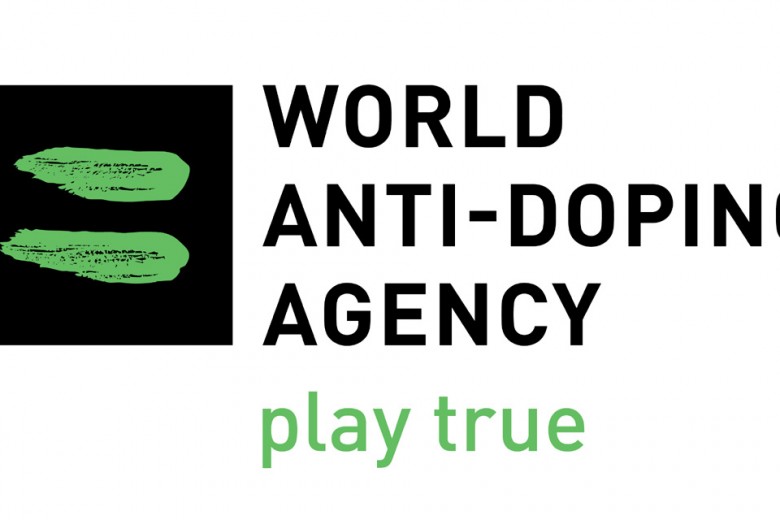It was recently announced that an anti-doping laboratory in Madrid was suspended by the WADA. According to the organization, this came as “a direct result of WADA Foundation Board’s 19 March decision to declare the Spanish Anti-Doping Agency (AEPSAD) non-compliant.”
That’s the fifth lab to lose its accreditation in the last seven months or so. In another move on June 3, 2016, the WADA revised its standards for labs across the world.
There was one main change, done so under section 4.4 which deals with anti-doping lab accreditation. Essentially, a lab will lose its accreditation if it is located in a country which has been deemed “non-compliant” by the WADA. This happened in Madrid in the article mentioned above.
The revised section of the standard in section 4.4 is down below:
In order for the Laboratory to maintain its accreditation status, the Anti-Doping Organization of the country of the Laboratory (National Anti-Doping Organization and/or National Olympic Committee as applicable) shall be Code compliant (as determined by WADA) and the Laboratory host country shall maintain its status of a country having ratified the UNESCO Convention against Doping in Sport.
Should a Laboratory’s accreditation be suspended in this context, the Suspension will be effective until the country ratifies the UNESCO Convention against Doping in Sport and/or until the non-compliant Anti-Doping Organization of the country of the Laboratory is taken out of the non-compliant list by WADA’s Foundation Board. With the exception of the duration of the Suspension which shall be as defined above, the other ISL provisions with subject to the Suspension of a Laboratory’s accreditation remain applicable.
WADA may decide not to suspend the Laboratory’s accreditation in case of noncompliance of the Anti-Doping Organization of the country of the Laboratory if, in the year before the declaration of non-compliance, at least 60% of samples analyzed by that Laboratory were provided by Anti-Doping Organizations other than the AntiDoping Organization of the country of the Laboratory, or if it is highly likely that in the year of the declaration of non-compliance at least 60% of samples analyzed by that Laboratory are going to be provided by Anti-Doping Organizations other than the Anti-Doping Organization of the country of the Laboratory.
The full version of the new standard can be downloaded here.
